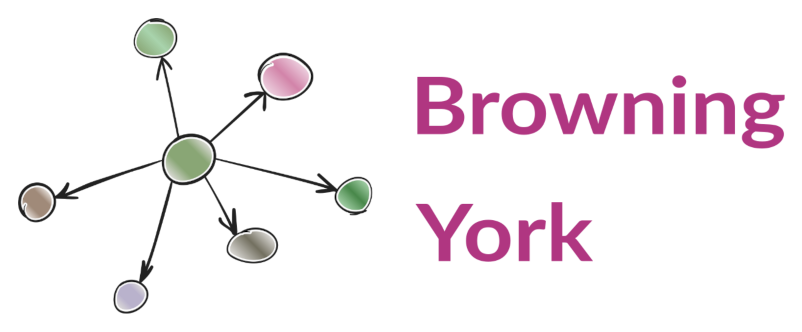Effective communication is based on audience understanding. To build connections, communicate messages and listen to others, you need to understand them.
- What are they interested in?
- What motivates them?
- What have their experiences been?
With this knowledge you can plan communications that are meaningful and move towards achieving your organisation’s objectives.
Put yourself in their shoes
When I run my communications planning workshops, I often set attendees an exercise to put themselves in their audiences’ shoes. The scenario is that we are a charity planning a family fun day and each group is given a particular audience to communicate with.
They must consider:
- What do you want to achieve by communicating about the fun day with your audience group?
- What will engage your particular audience group? What do they want to hear about?
- What do they already know?
- What are their previous experiences of you/this type of event?
At a recent workshop, the groups developed some fantastic perspectives. Here are some of the points they raised.
Staff and volunteers
- Need to recruit them to work at the fun day and make sure they understand how everything will work.
- Might need to find new volunteers if don’t already have enough.
- They will want to know the practical details of what will happen on the day.
- They will also be interested in why the charity is having a fun day, the benefits it will bring and the difference it will make.
- Communication before, during and after the event will be important
- Remember to say thank you
Funders
- May be looking for funding for the actual event – in which case will need to engage with them early.
- May be looking to use the fun day as a way of inspiring existing funders – in which case will need to engage them with the event so that they come along on the day.
- An opportunity to build relationships, beyond simply looking for funding.
- They will want to know details of why we’re holding the event and the difference it will make.
- They will need practical details of what will happen at the fun day, what there will be to do at the event.
Service users
- Want them to come along and enjoy the day with their families
- Want them to understand how the event will make a difference to the charity and the services it can provide to them
- Provide information about the day – the entertainments, the facilities, accessibility, parking etc.
- Details of refreshments often attract people to an event like this
- May need to communicate with families and carers as well as the service users themselves.
General public
- Want them to come along to the event and/or be pleased that it is happening in support of a local charity
- Provide information about the day – the entertainments, the facilities, accessibility, parking etc.
- What will the food options be?
- What will happen to money raised?
- Think about previous fun days – this charity or others – and how that impacts on the local community’s view
- Provide some information about the charity but not too much; this is not the time when people are open to a lot of this type of information
At the workshop we had a lot of conversation around all of these points. This gives you a flavour of the kinds of information you can pull together when putting yourself in your audiences’ shoes.
If you would like help in developing understanding of the audiences you want to communicate with, please get in touch for a no obligation chat.
Until next time
Sarah




